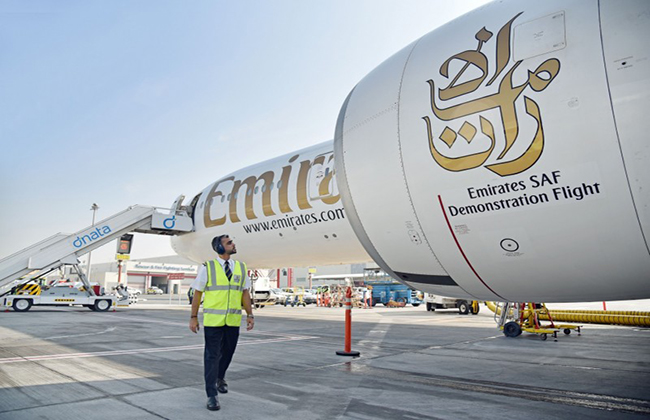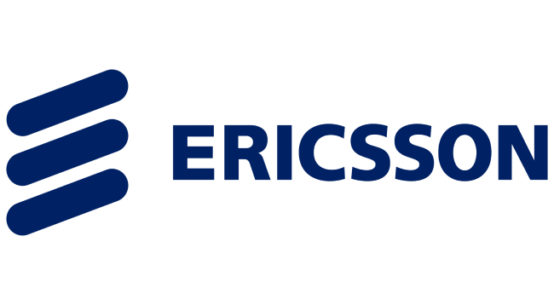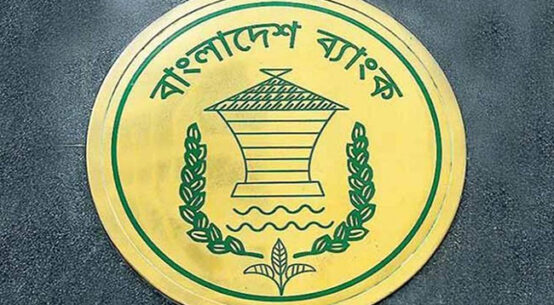
Emirates has operated its first milestone demonstration flight on a Boeing 777-300ER, powering one of its engines with 100% Sustainable Aviation Fuel (SAF) on January 30,2023.The flight took off from Dubai International Airport, and flying for more than one hour over the Dubai coastline. Currently, SAF is approved for use in all aircraft, but only in blends of up to 50% with conventional jet fuel.
Emirates’ demonstration flight, the first in the Middle East and North Africa and powered by 100% SAF is expected to help in refining the playbook for future SAF demonstrations, and also support future certification where 100% drop-in SAF fuel is approved for aircraft.
Emirates worked alongside partners GE Aerospace, Boeing, Honeywell, Neste and Virent to procure and develop a blend of SAF that closely replicates the properties of conventional jet fuel. At each blend ratio, a host of chemical and physical fuel property measurements were carried out. After multiple lab tests and rigorous trials, they arrived at a blending ratio that mirrored the qualities of jet fuel. Eighteen tonnes of SAF were blended, comprised of HEFA-SPK provided by Neste (hydro processed esters and fatty acids and synthetic paraffinic kerosene) and HDO-SAK from Virent (hydro deoxygenated synthetic aromatic kerosene). The 100% SAF supplied one GE90 engine, with conventional jet fuel supplying the other engine.
Adel Al Redha, Chief Operating Officer, Emirates airline said: “Such initiatives are critical contributors to industry knowledge on SAF, and provide data to demonstrate the use of higher blends of SAF for future regulatory approvals. We hope that landmark demonstrations flights like this one, will help open the door to scale up the SAF supply chain and make it more available and accessible across geographies, and most importantly, affordable for broader industry adoption in the future.”
Omar Arekat, Vice President, Commercial Sales and Marketing, Middle East, The Boeing Company said: “SAF will play a critical role in the aviation industry’s commitment to be net zero by 2050, requiring strong industry collaboration.”
Emirates has been demonstrating its commitment to supporting initiatives that help minimise its CO2 emissions. The airline also supports IATA’s collective industry commitment to reach net zero emissions by 2050, and is exploring opportunities to augment operational fuel efficiency, SAF, low carbon aviation fuels (LCAF) and renewable energy.
The airline already runs a comprehensive fuel efficiency programme that actively investigates and implements ways to reduce unnecessary fuel burn and emissions, wherever it is operationally feasible. Some of the programme’s most significant initiatives include the operation of “flex tracks”, or flexible routings – partnering with air navigation service providers to create the most efficient flight plan for each flight.
Emirates’ first flight powered by SAF blended with jet fuel was in 2017, operating from Chicago O’Hare airport on a Boeing 777. It received its first SAF-powered A380 delivery in 2020, and also uplifted 32 tonnes of SAF for its flights from Stockholm that same year.


